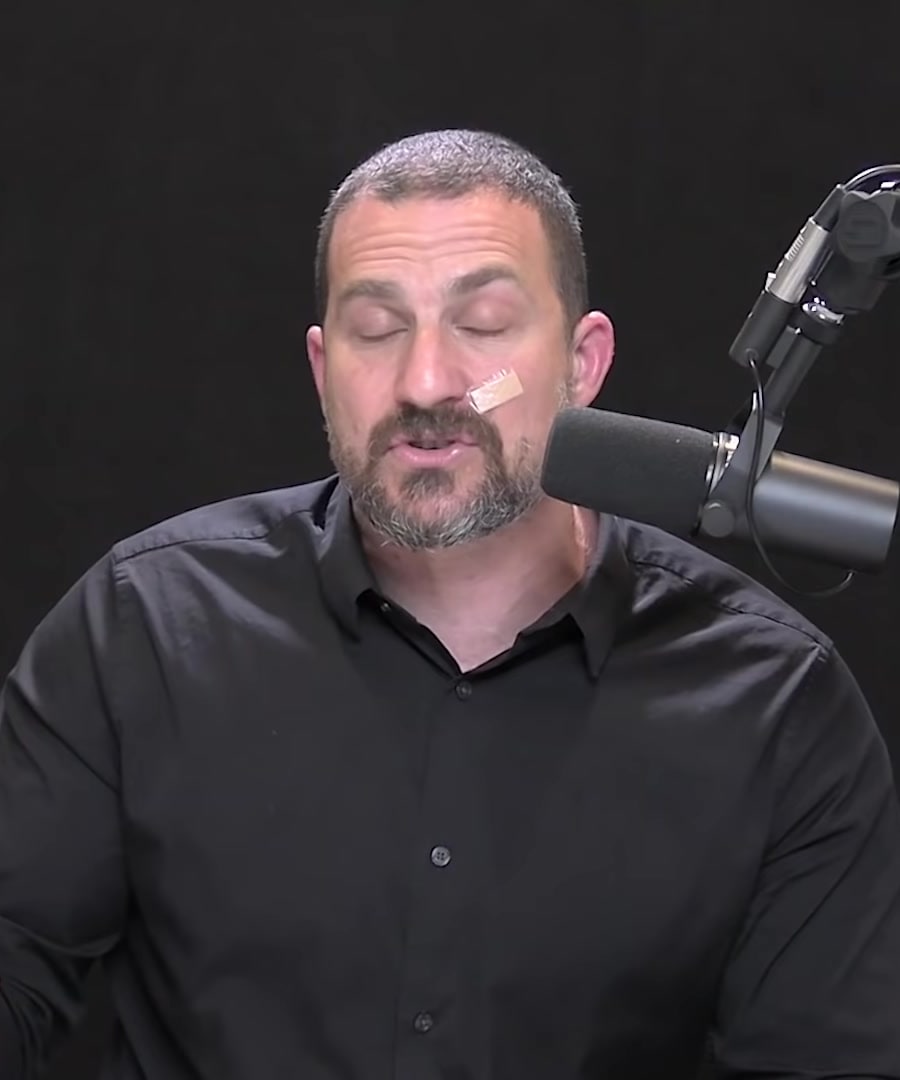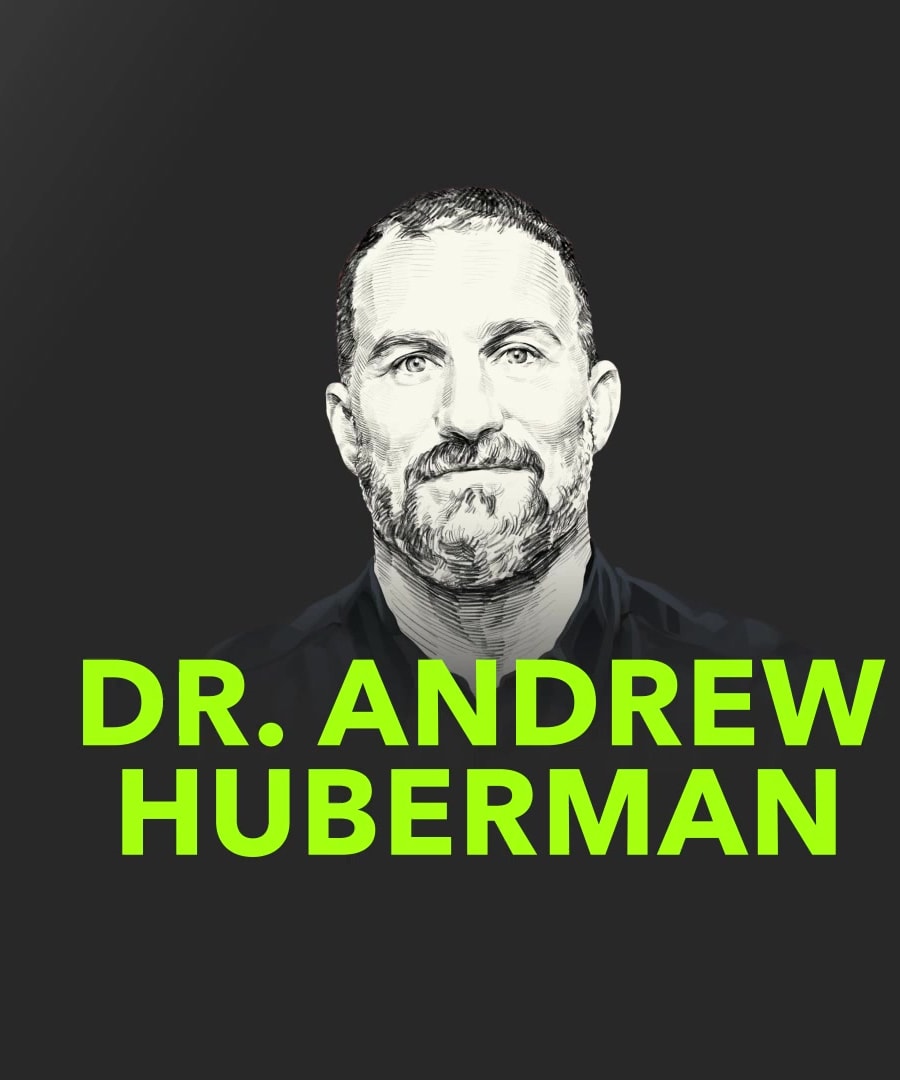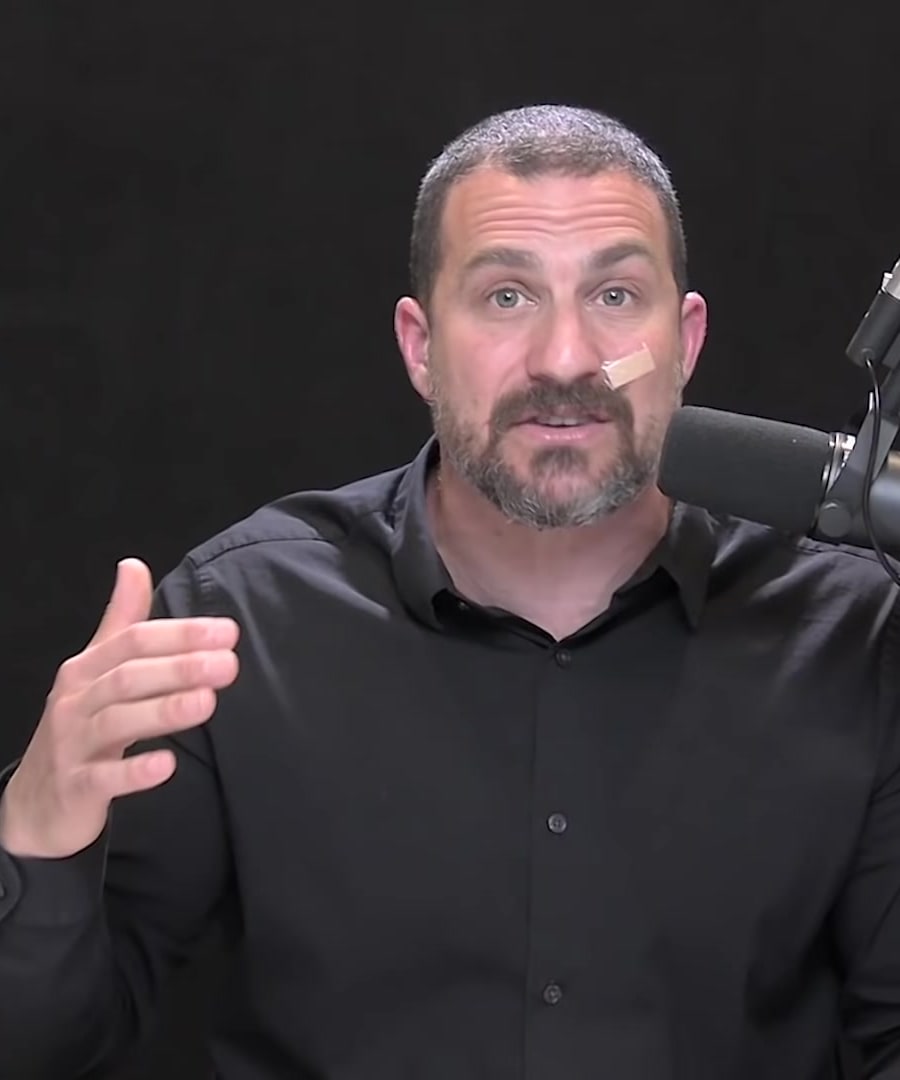Testosterone
Sources:
Testosterone is a key hormone in the development of primary sexual characteristics, such as male genitalia, in humans. It is converted to dihydrotestosterone during fetal development to form the penis, with other important effects later in life, including influences on aggression, muscular strength, and male pattern baldness 1.
Sunlight exposure affects testosterone production, particularly in men from countries with low UV exposure compared to those with high UV exposure. This is due to the skin's function as an endocrine organ for synthesizing vitamin D3, which is needed for testosterone generation 2.
also discusses testosterone in relation to competition, highlighting how it can reduce anxiety, promote novelty seeking and competitive interactions by affecting the amygdala's threshold for stress 3.
Moreover, there is an intricate relationship between hormones like testosterone and dopaminergic systems, where testosterone makes effort feel rewarding. Testosterone is synthesized from cholesterol and can lead to increased self-motivation when channeled towards rewarding pathways rather than stress 4.
Women also produce testosterone, mainly from theca cells in the ovaries. Testosterone levels are important for overall health in women, but for pathology prevention, estrogen and progesterone levels might be more relevant 5.
The transport of testosterone in the body involves binding proteins like sex hormone-binding globulin (SHBG) and albumin, which are necessary for its cellular entry and effects on gene expression 6.
For more specific or detailed information about testosterone and its different aspects, please specify your request.
RELATED QUESTIONSHow to increase testosterone?
Sources:
To increase testosterone levels, recommends several approaches based on exercise, stress management, sleep optimization, and supplementation:
- Resistance Exercise: Engaging in resistance exercise, specifically using protocols like six sets of ten repetitions with major compound movements, can increase testosterone. This should be done ideally twice a week to maintain an increase in testosterone 1.
- Proper Training Order: If combining weight training with endurance activities, do weight training first to optimize testosterone levels. High-intensity interval training also increases testosterone, while endurance exercise extending beyond 75 minutes can lead to reductions through increased cortisol 2.
- Manage Stress: Keeping chronic stress to a minimum supports better testosterone levels as an indirect effect 3.
- Optimize Sleep: Ensuring good sleep hygiene can indirectly affect testosterone levels 3.
- Supplements: Two supplements that mentions are Tongkat Ali, at 400 milligrams per day, which may help to reduce sex hormone-binding globulin and in doing so, potentially increase free testosterone, and Fadogia agrestis, which acts like luteinizing hormone, potentially stimulating the testes to produce more testosterone 3.
Please note that you should consult a healthcare professional before starting any new exercise routine or taking any supplements, as individual health factors can influence the safety and efficacy of these methods.
RELATED QUESTIONSHow can I optimize my sleep for better testosterone levels?
Sources:
To optimize sleep for better testosterone levels, provides several key recommendations:
-
Breathing: Practice proper breathing, particularly nose breathing during the day and while you sleep, to reduce cortisol and build up the right levels of carbon dioxide. discusses techniques like taping the mouth shut during sleep for those who have a habit of mouth breathing, to encourage nasal breathing and prevent apnea. This can improve hormone regulation, including testosterone, by managing cortisol levels associated with stress 1.
-
Sleep Quality: Aim for six to eight hours of quality sleep every night. Ensure that the sleep you're getting is undisturbed and restful to effectively balance hormones like cortisol and testosterone 2. As sleep is fundamental to hormone balance, optimizing sleep is key to maintaining healthy testosterone levels 3.
-
Control Light Exposure: Regulate light exposure by getting bright light early in the day and avoiding bright light in the middle of the night to time cortisol release properly and increase dopamine, which promotes the production of testosterone. Bright light exposure can suppress dopamine release, which is associated with diminished testosterone levels. Keeping these light viewing behaviors in check can have an indirect positive impact on sleep and hormonal balance 4.
-
Manage Stress: Chronic stress should be minimized. This is indirectly beneficial for testosterone levels because high stress is associated with high cortisol, which can be detrimental to testosterone production 5.
By implementing these strategies and ensuring consistent sleep hygiene, you can create an environment that supports healthy testosterone levels. Getting adequate restorative sleep is essential, not only for testosterone optimization but also for overall health and well-being.
-
Testosterone
- RELATED QUESTIONS
How to increase testosterone?
- RELATED QUESTIONS
How can I optimize my sleep for better testosterone levels?












